COUNSELING
Thompson Psychotherapy is here to listen to our clients in a compassionate and nonjudgemental way. We are trained to not only listen to our clients, but to also hear subtle nuances, emotional responses, defense mechanisms, and their psychological needs.

PSYCHOTHERAPY
Also known as talk therapy, psychotherapy helps a person understand their feelings while preparing them to face challenges in the present and future. Psychotherapy can help with stress, anxiety, depression, addiction, low self esteem, bereavement, and any other factors leaving a person overwhelmed. It can also assist in treating bipolar disorder, schizophrenia, and other mental health conditions.
TYPES OF PSYCHOTHERAPY INCLUDE THE FOLLOWING:
Individual Therapy: Focuses on the individual’s immediate or future concerns, and creates an environment where emotional pain, deficits, or vulnerabilities can be addressed before they impact ones life negatively, or disrupts their life further.
Group Therapy: Serves as a place to bring multiple clients together with similar experiences. Having other members within a group serves as a source of insight and support, showing the idea that each individual is not alone.
Couples Therapy: For married couples or established partners, this type of psycotherapy aims to reslove problems within their realtionship, enhance levels of intimacy, or to help both parties find better ways to relate.
Family Therapy: Families can have challenging dynamics, and a psychotherapist can provide commentary that allowes families to self-determine what changes can be implemented for the overall functioning to be enhanced.

TRAUMA RESOLUTION
Thompson Psychotherapy addresses trauma in a comfortable, caring, and compassionate environment. This gives our clients the ability to feel comfortable processing events of the past, while learning how to move forward.
Any distressing experience that causes emotional shock and has long-lasting psychological effects is defined as emotional trauma. Trauma resolution is achieved when painful memories or events no longer trigger distorted thoughts or anxious reactions. Trauma resolution therapy enables our clients to move forward and heal by facing issues from the past.
TRAUMA CAN STEM FROM MANY EVENTS, SUCH AS:
- Death
- Illness
- Physical, Emotional or Sexual Abuse
- Divorce
- Major Injury or Accident
- Loss of Job or Home
- Domestic Violence
- Natural Disasters
- Witness to Acts of Violence
ADDICTION ASSOCIATED WITH TRAUMA
Trauma can play a large part in contributing to addiction; therefore, we understand the importance of bringing significant trauma to surface as part of addiction treatment. Many people who suffer from drug or alcohol addiction have experienced serious trauma, and usually haven’t dealt with it. By not addressing the issue, their feelings stay bottled up and suppressed which causes it to manifest in negative ways such as addiction. People resort to substance abuse to numb their pain, which in reality makes it worse.
POST TRAUMATIC STRESS DISORDER (PTSD)
The after-effects of traumatic events that occur in a person’s life can be crippling enough to create debilitating symptoms. PTSD becomes more powerful when avoiding traumatic experiences. Trauma resolution therapy lets the client bring those memories to surface in a safe and controlled environment.
CRITERIA FOR PTSD SYMPTOMS INCLUDE THE FOLLOWING:
- Showing signs of paranoia and feeling irritable.
- Flashbacks of traumatic event.
- Avoidance of people, places, and things that evoke memories of the event.
- Using distractions or addiction as a way to cope.


JUNGIAN PSYCHOTHERAPY
Jungian psychotherapy is a type of talk-based psychoanalytic therapy. It was named after Carl Jung, a Swiss psychiatrist and psychotherapist who founded, “analytical psychology,” which continuously influences therapy today.
Jungian psychotherapy encourages people to explore, and connect the unconscious and conscious details of their experience. The unconscious can be looked into by examining dreams, memories, and day dreams. The goal of this exploration is to bring unconscious aspects into a persons conscious awareness to deepen their understanding of themselves, and improving their overall health and wellbeing.
JUNGIAN PSYCHOTHERAPY IS USED TO TREAT A VARIETY OF MENTAL HEALTH PROBLEMS AND OTHER ISSUES, SUCH AS THE FOLLOWING:
- Depression
- Destructive Relationship Patterns
- Personality Disorders
- Anxiety
- Substance Abuse and Addictions
- Trauma (Including PTSD)
- Low Self-Esteem
A person does not need to have diagnosable mental health issue to gain from Jungian psychotherapy. It is a type of therapy that is also considered advantageous for anyone hoping to develop a deeper understanding of themselves.
CONTACT ZACH
Phone. 601.822.1757
Please call me with any questions or to book an appointment. I look forward to hearing from you!
